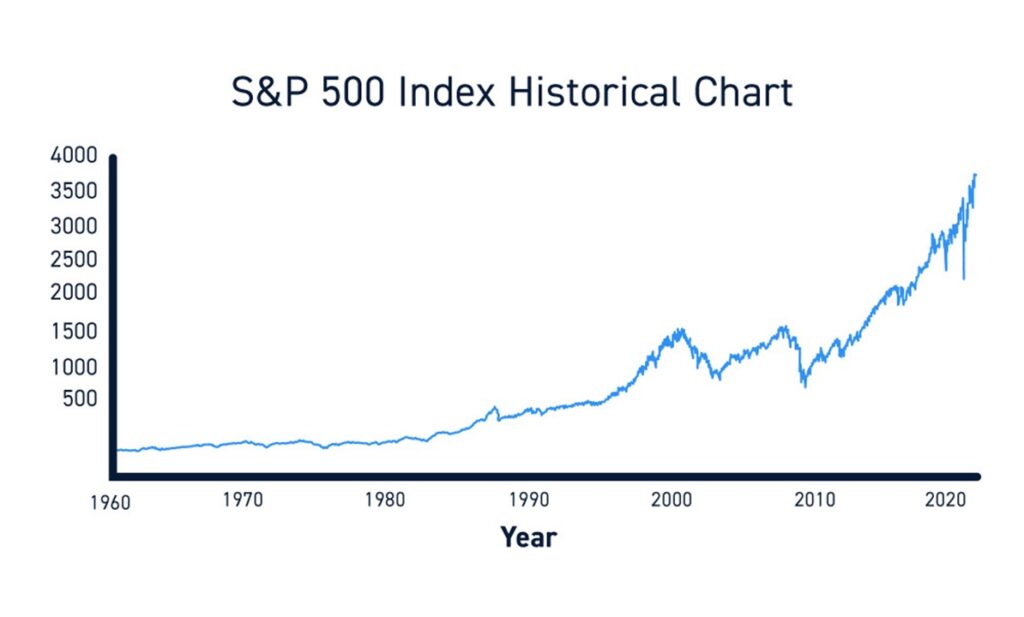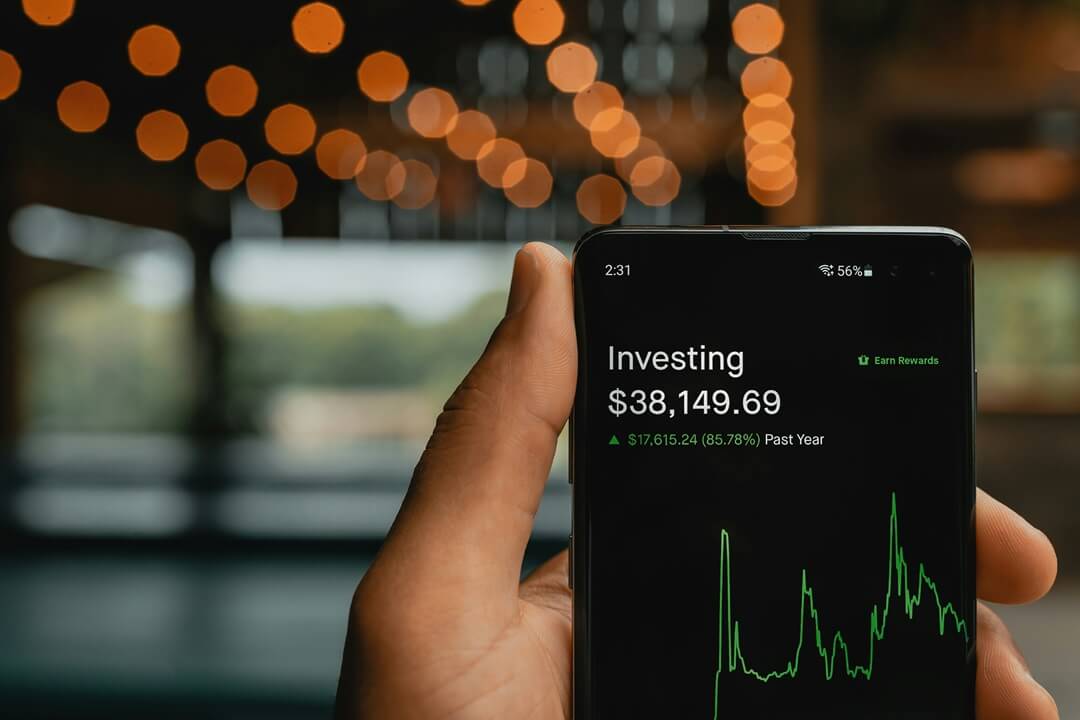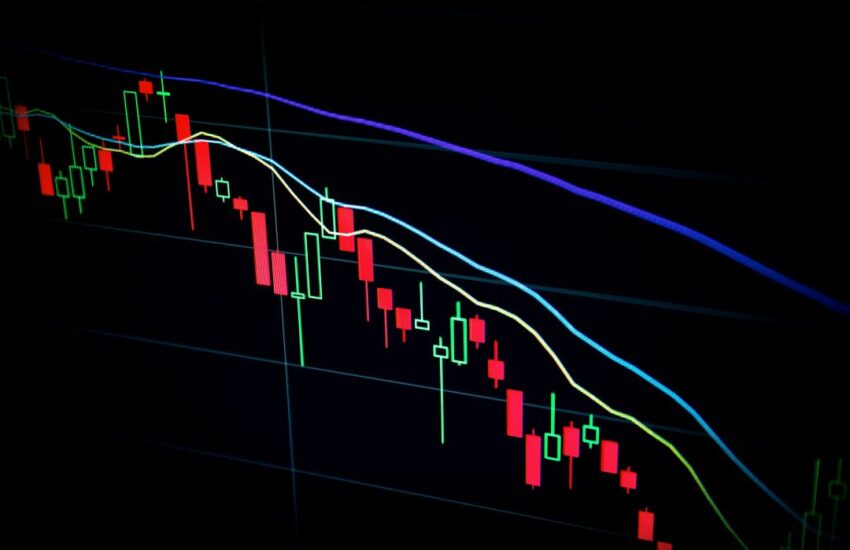Top 2 Places To Invest Your Money 2025
1. Funds
Money market funds
Money market mutual funds are investment products; money market accounts, on the other hand, are bank deposit accounts type of savings accounts. When you invest in a money market fund you are purchasing a portfolio of eligible high-ranking short-term government, bank or corporate bills.
Best for: Fund that you anticipate using in the near future that you are willing to have investing in stocks that are more sensitive to market shifts. Money market funds are also employed by investors as a relatively safe investment vehicle than stocks or as a receptacle or sting for investors to place their cash awaiting a good stock to invest in. Money market funds are technically an investment, but you will not see the somewhat higher returns (and risk) of some of the other investments listed on this page. Money market funds is closer to the yields on high-yield savings accounts rather than increases in the base fund balances.
Where to buy money market funds: Money market mutual funds can be bought at a mutual fund company or directly via a bank; however, the best choice will the one offered by an Internet brokerage house.
Mutual funds
Another type of investment plan is a mutual fund which is when people invest their money in one pot to invest in stocks, bonds, or other securities. The other advantage that comes with buying mutual funds is that it is cheap since through diversification — investing in many stocks — the investor can reduce the risk that is associated with a particular stock.
Best for: My money type includes individuals who would want to invest and save for retirement or any other long-term activities. General investment in the stock market’s best performances is also easily done through the purchasing of mutual funds without the need for purchasing raw materials in the form of individual stocks. It is possible to find out that some funds restrain their activity by investing in some types of companies, for instance, in the sphere of technologies and biotechnology, in companies that provide high dividends, etc. Which in turn enables one to target specific investing specialties.
Where to buy mutual funds: Mutual funds can be bought directly from the companies that have the responsibility of managing the investment and others through discount brokerage companies. Most of the mutual fund providers that we compare have no-transaction-fee mutual funds, which is they charge no commission; besides they provide a means to choose your funds. However, it must be understood that mutual funds often come with a minimum purchase of anything from $500 to several thousand of dollars, although some providers will waive this if the investor decides to automate the monthly investment plan.
Index funds
An index fund refers to a mutual fund that owns stocks that are included in a certain index for example Standard and Poor’s 500 or Dow Jones Industrial. The goal is to deliver investment returns that are the same as the index, which is different from owning an investment mutual fund that hires someone to decide on a fund’s inventory.
Best for: For those who are saving for the long-term such as parents saving for their kid’s college fees or an individual saving for his/her retirement. It is relatively cheaper to manage since the fees charged by fund managers are cheaper than actively managed funds that seek to outperform the indices.
Index funds can be specially useful to young people who have a long time horizon and can afford to invest more in higher return on equity funds than, for instance, in bonds. The early stages of an individual’s investment portfolio, for example, the young individual who does not have the ability to be overwhelmed by stock market fluctuations should consider investing the entire portfolio in stock funds according to Fernandez, Spain.
For this, let me explain with the help of the following figure depicting the historical performance of the S&P 500 post-1990. An S&P 500 index fund would have sought to replicate these returns: An S&P 500 index fund would have sought to replicate these returns:

The stock market quote might be delayed by 20 minutes and is not for trading purposes only for feeder information.
Where to buy index funds: Index mutual funds can be purchased through the fund company’s office or through a discount brokerage house.
Exchange-traded funds
However, similar to mutual funds, ETFs group together investors’ money to invest in a basket of securities, giving them a diversified investment. The difference is how they are sold: A person investing in ETFs purchase the shares in the same way as he would if investing in a single stock.
Best for: Long-term oriented shareholders. In addition to that, the ETFs serve investors who do not have the money to invest in a minimum requirement of a mutual fund stock since an ETF price per share might be cheaper than a minimum mutual fund stock.
Where to buy ETFs: ETFs are like stocks as they are traded by their Ticker Symbols / Symbols and can be accessed from Brokerage Firms. Client portfolios optimized by robo-advisors also consist of ETFs.
2. Stocks
Individual stocks
A stock means a share in a company and can be referred to as a portion of it. Most stock investments reward investors with a higher potential return on their investment than investments, for instance, in government bonds, but they also involve higher risks to the investors’ money.
Best for: Those investors who are holding a rather diversified portfolio of the shares and who are ready to address much higher risks. Because of the fluctuations involved when investing in individual stocks it is generally advisable that an investor does not invest more than 10% of the total portfolio in a particular stock.
Where to buy stocks: One of the methods of investing is purchasing of stocks through an online broker. When you have an account and funded it in a brokerage firm you proceed to select your order type you are a shareholder.
Dividend stocks
Dividend stocks can offer the fixed income of bonds along with the growth of individual stocks and stock funds. Dividends are recurring payments that companies make to their shareholders, and often occur in stable and profitable businesses. Even though the prices of some dividend-paying stocks might not increase as much or as fast as those found in growing firms, they may still be attractive to investors who desire dividends and stability. Note: This is different from capital gains tax which is assessed on the appreciation in value when you sell a non-dividend paying stock.
Best for: Any investor, from first-timers to retirees, though specific types of dividend stocks may be better depending on where you are in your investing journey.
For instance, young investors may want to consider looking out for dividend growers which would be companies that have consecutively increased their dividends over time. These companies do not currently provide large yields; however, if they continue increasing their dividends this way, then they will certainly yield good returns sometime later.
On the other hand, older investors who are looking for more stable investments or sources of income could opt for dividend-paying stocks. The receipt of cash dividends could serve as a component of a fixed-income investment plan.
Where to buy dividend stocks: Like others on this list, the easiest way to purchase them is through an online broker.



